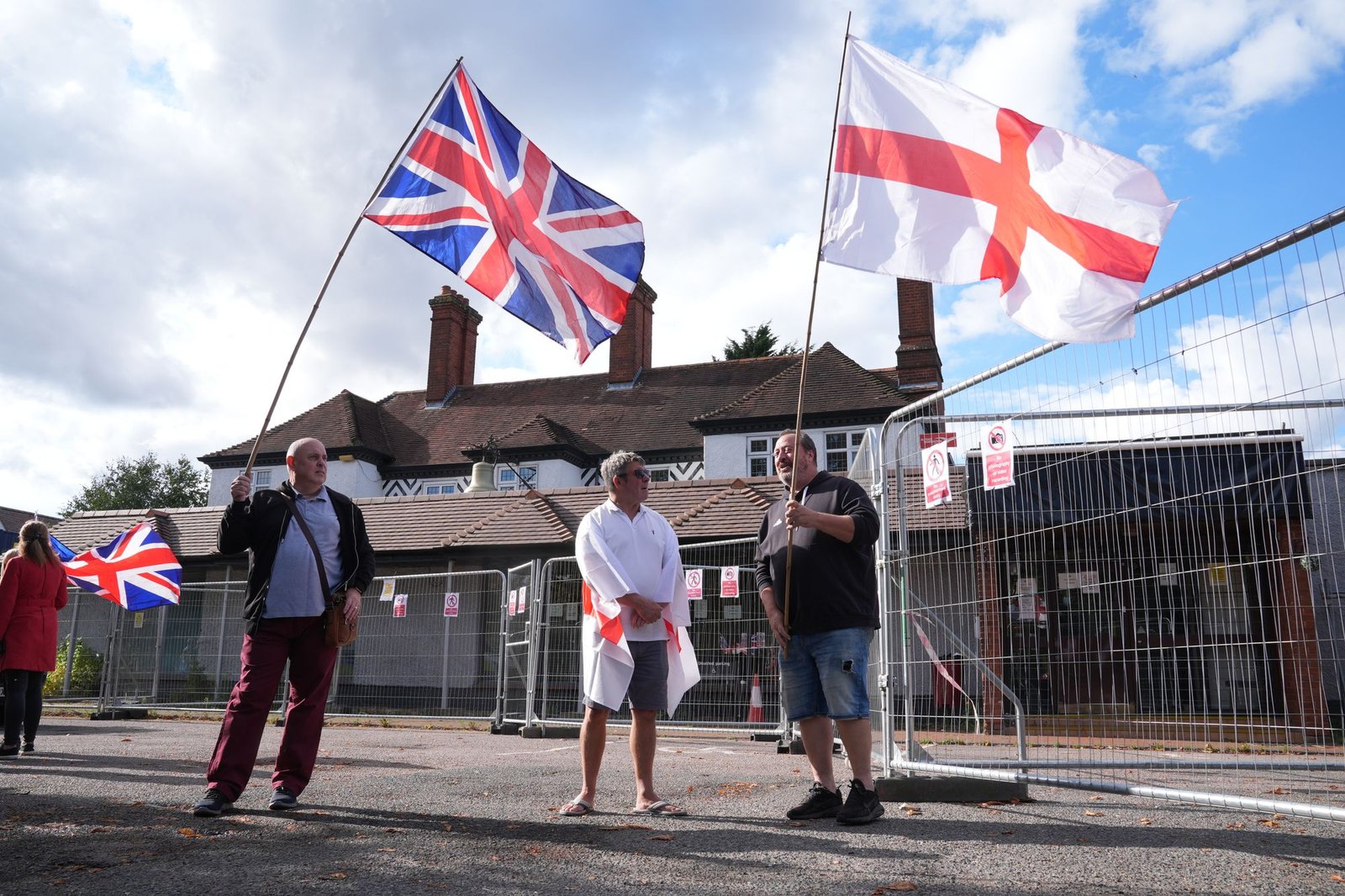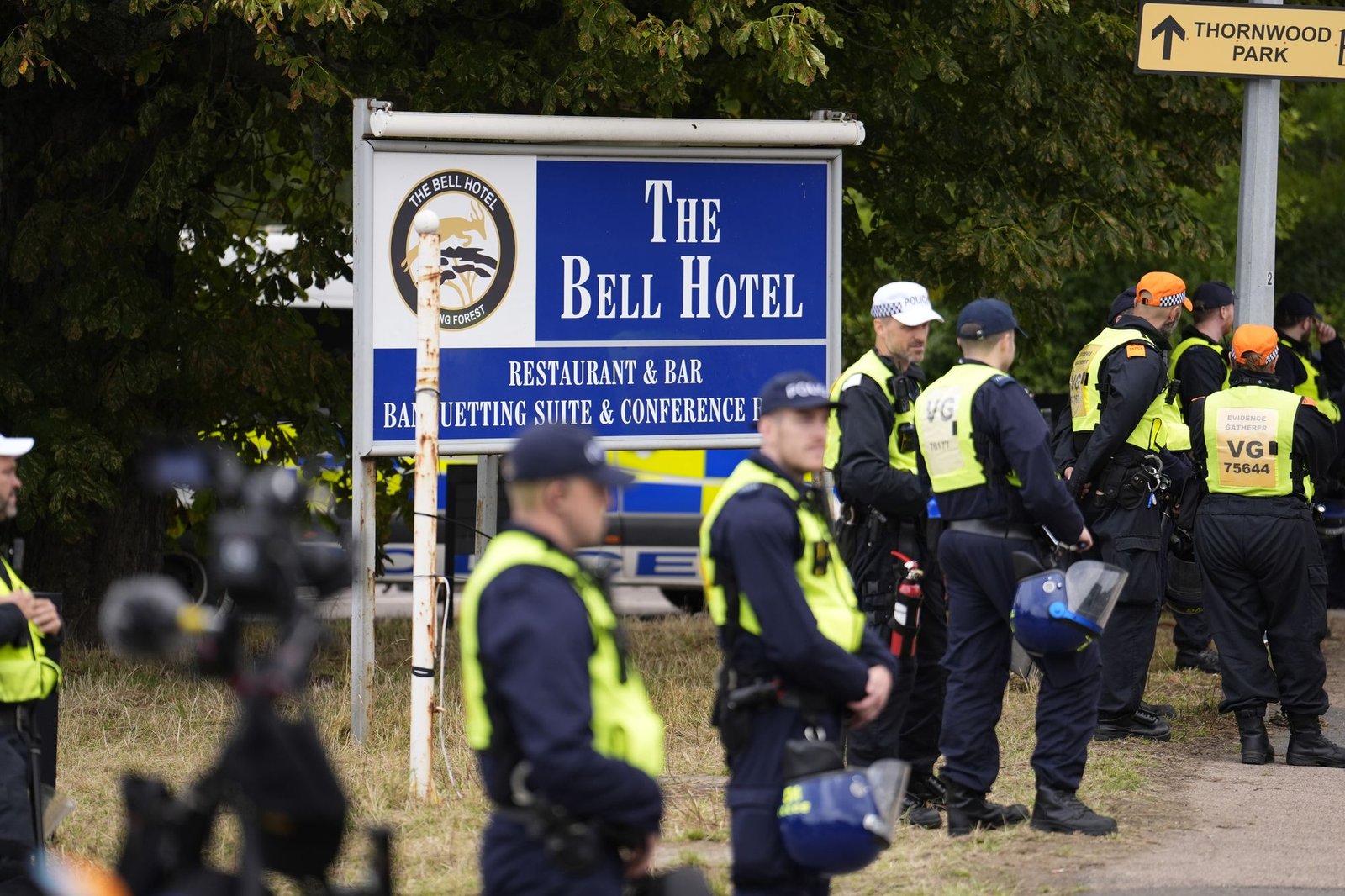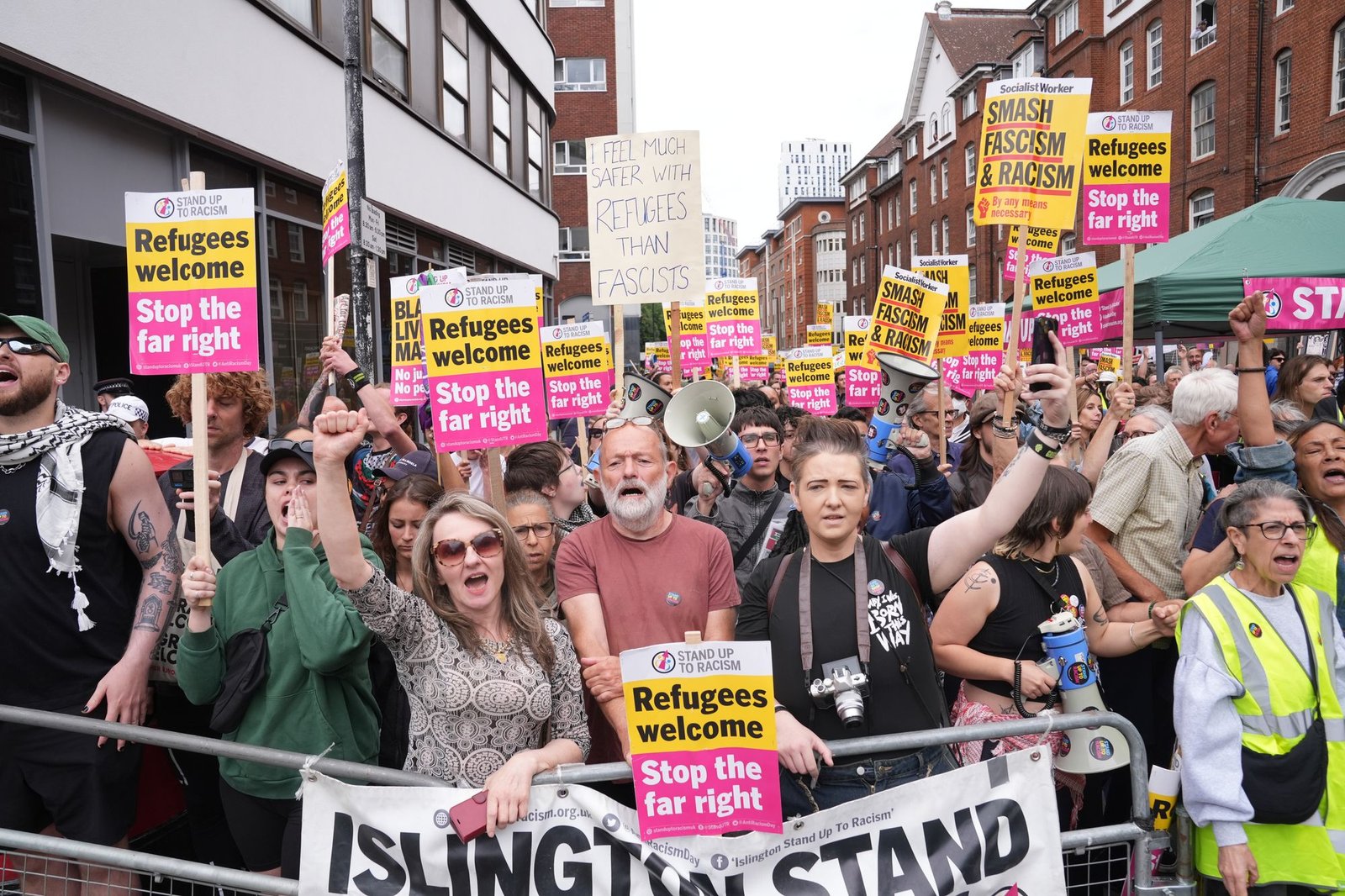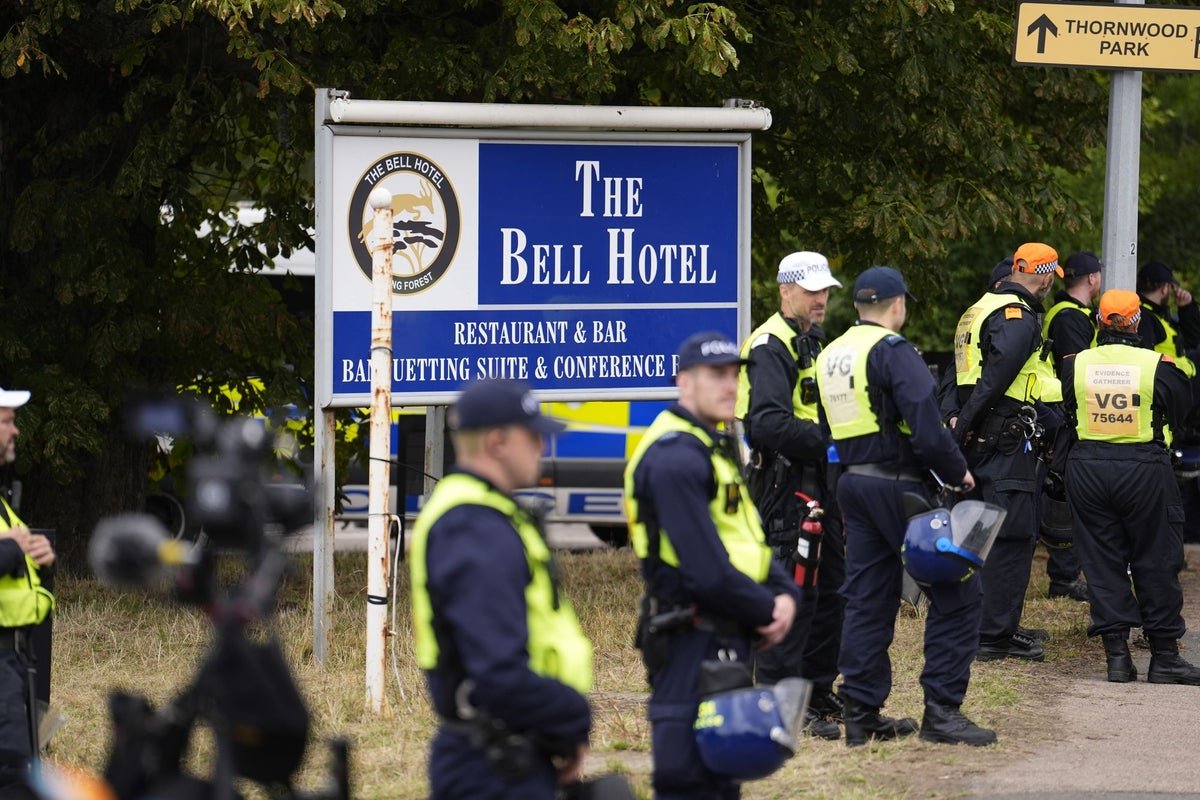Billions of pounds have been wasted on asylum hotel contracts thanks to mismanagement and incompetence, a major report has found.
Ministers and civil servants have become heavily reliant on the expensive use of hotels for asylum accommodation, creating huge contracts for providers with little accountability or oversight, Home Affairs Select MPs have warned.
In a damning new report published on Monday, MPs said the projected cost of Home Office asylum accommodation contracts between 2019-2029 has more than trebled, from £4.5bn to £15.3bn.
Millions of pounds in profits are owed to the government by two accommodation providers, but the Home Office has yet to claim this money back, the report found.
Chair of the Home Affairs Committee, Dame Karen Bradley, said “there is an urgency to act to lower the cost of asylum accommodation and address the concerns of local communities”.
Migrant hotels became flashpoints of protest over the summer after an asylum seeker in Epping, Essex, sexually assaulted a 14-year-old girl. Epping Council sought to close the hotel and took their legal battle to the High Court.

Dame Karen added: “The Home Office has presided over a failing asylum accommodation system that has cost the taxpayer billions of pounds.” She warned against ministers making “undeliverable promises to appeal to popular sentiment”, such as pledging to end hotel use by 2029.
She accused the Home Office of being unable to plan for the long term, saying: “It has instead focused on short-term, reactive responses.”
The Home Office housed around 103,000 people in June 2025. While the number of asylum seekers in hotels is down from the peak, with 32,059 people in this accommodation in June, it is still higher than the previous year.
60 per cent of asylum seekers staying in hotels are in the south of England and the value of the 10-year accommodation contract for this region has risen from £0.7bn. to £7bn. since 2019.

A growing asylum backlog, combined with the pandemic, saw demand for migrant hotel accommodation increase from 2020. The Home Office negotiated contract changes with providers to require them to provide hotels which were significantly more expensive than the flats and houses in multiple occupation (HMOs) the providers had procured.
The average cost of a person staying in an asylum hotel is £144.98 compared to £23.25 in dispersal accommodation such as HMOs. The hotel contracts were “rush signed in the summer of 2022”, according to then Home Secretary Yvette Cooper, as the government struggled to find places to house desperate asylum seekers.
Use of hotels has now become a “widespread and embedded part of the asylum accommodation system”, MPs concluded.

The current asylum and support contracts are delivered by Serco, Clearsprings and Mears. Australian travel company CTM, which operated the controversial Bibby Stockholm migrant barge, also has a more recent hotel accommodation contract with the government, worth £550m, which was not examined by the committee.
MPs said the Home Office’s failure to get hold of the contracts as hotel demand surged was “chaotic and led to significant costs to the taxpayer”.
“We find this incompetence unacceptable,” the Home Affairs Committee said. They added: “Essential elements of oversight have been neglected over the course of these contracts.”
MPs said the Home Office had focused on “pursuing high-risk, poorly planned policy solutions”, such as the Tories’ failed Rwanda scheme, and had “lost sight of the day-to-day work of effectively monitoring asylum contracts”. This “allowed costs to spiral”, with officials not “doing basic due diligence”, particularly with large asylum sites.
The independent has previously revealed how Home Office officials in charge of asylum hotel contracts were unaware of who was actually providing crucial services at a hotel where an asylum seeker died.
An inquest into the death of Colombian migrant Victor Hugo Pereira Vargas heard that senior Home Office officials responsible for asylum accommodation and the person responsible for managing the relevant hotel contract did not know who was actually staffing the hotel.
Freedom of information data is shared with The independent also revealed that hundreds of complaints have been made to the three Home Office housing providers, Mears, ClearSprings Ready Homes and Serco.
Data shows that 620 complaints were escalated to Serco from asylum seekers accommodated by them in 2024, 592 complaints to ClearSprings and 264 to Mears.
MPs also warned that children were still being incorrectly placed in adult homes due to faulty age assessments.
The select committee warned against turning to large sites, such as former military bases, as alternative accommodation, as this is more expensive than hotels.
Enver Solomon, executive director of the Refugee Council, said: “Everyone agrees that the Home Office’s reliance on hotels is a serious failure: they cost taxpayers billions, unfairly trap people in limbo and have become a lightning rod for division. As this report proves, hotels are particularly unsuitable for children and vulnerable people who need responsible protection.”
Sile Reynolds, of the charity Freedom from Torture, said the government must “act now to ease the pressure on hotels by making better quality and faster asylum decisions, including quickly granting status to people from countries where they are almost always recognized as refugees, such as Syria and Sudan”.
A Home Office spokesman said: “The Government is outraged by the number of illegal migrants in this country and in hotels. That’s why we want to close every single asylum hotel – saving the taxpayer billions of pounds.”
“We have already taken action – closing hotels, reducing asylum costs by almost a billion pounds and exploring the use of military bases and disused properties.”
